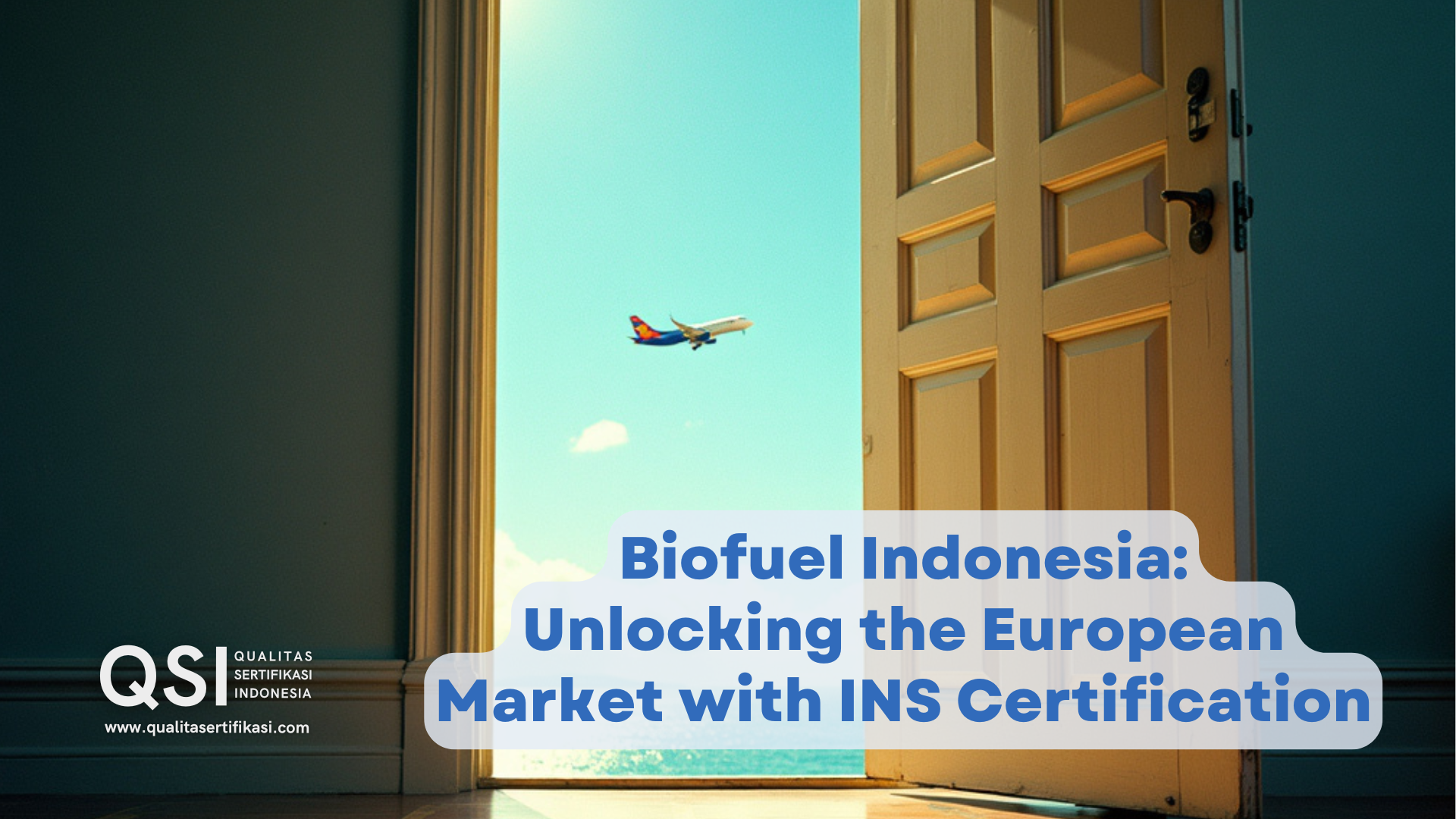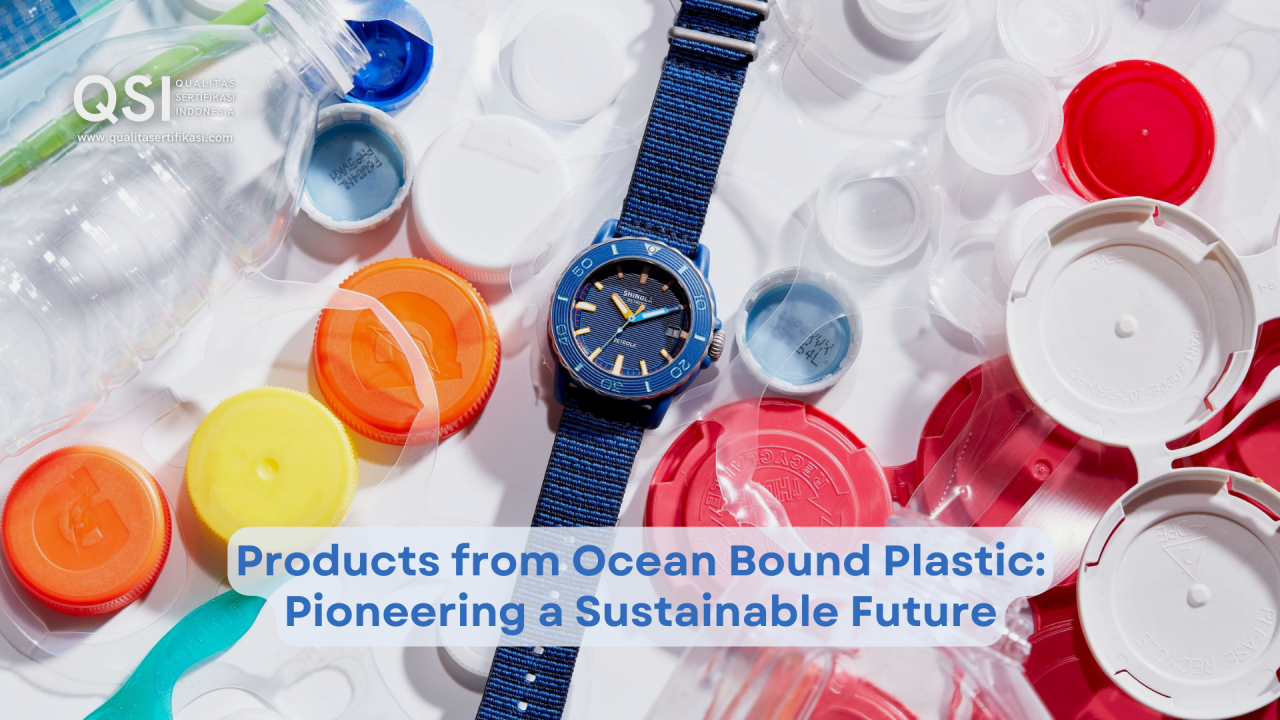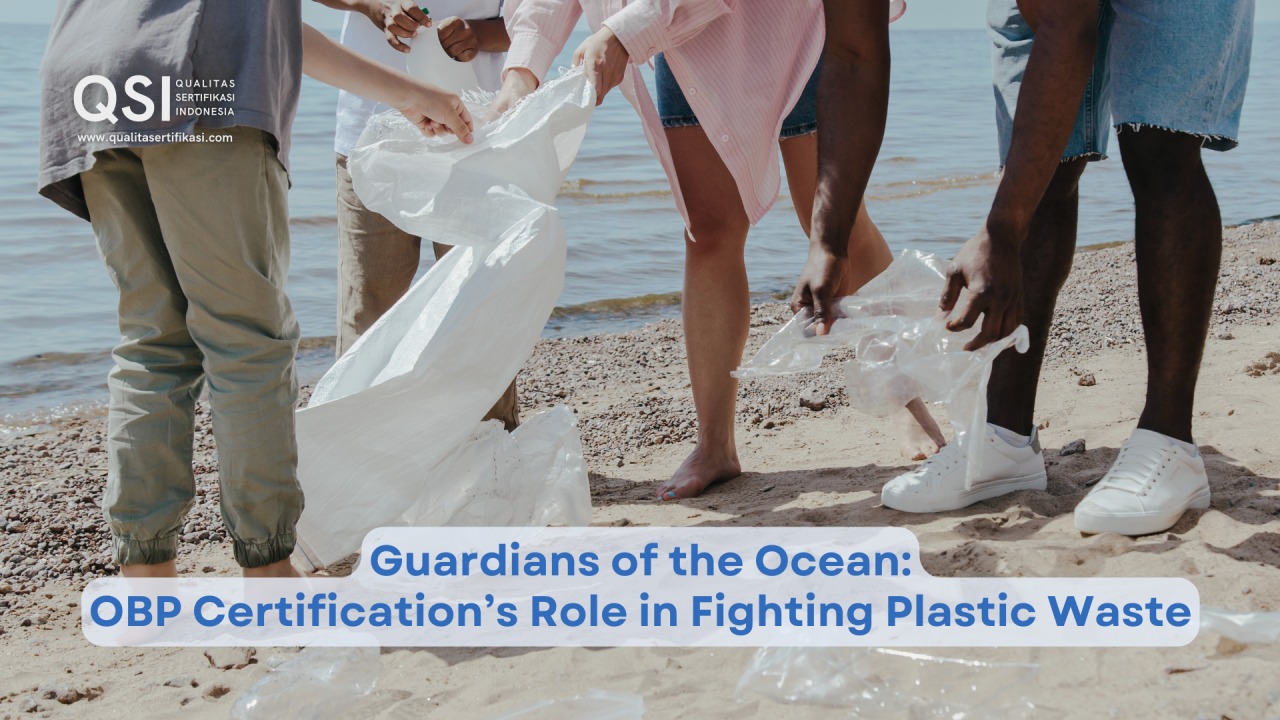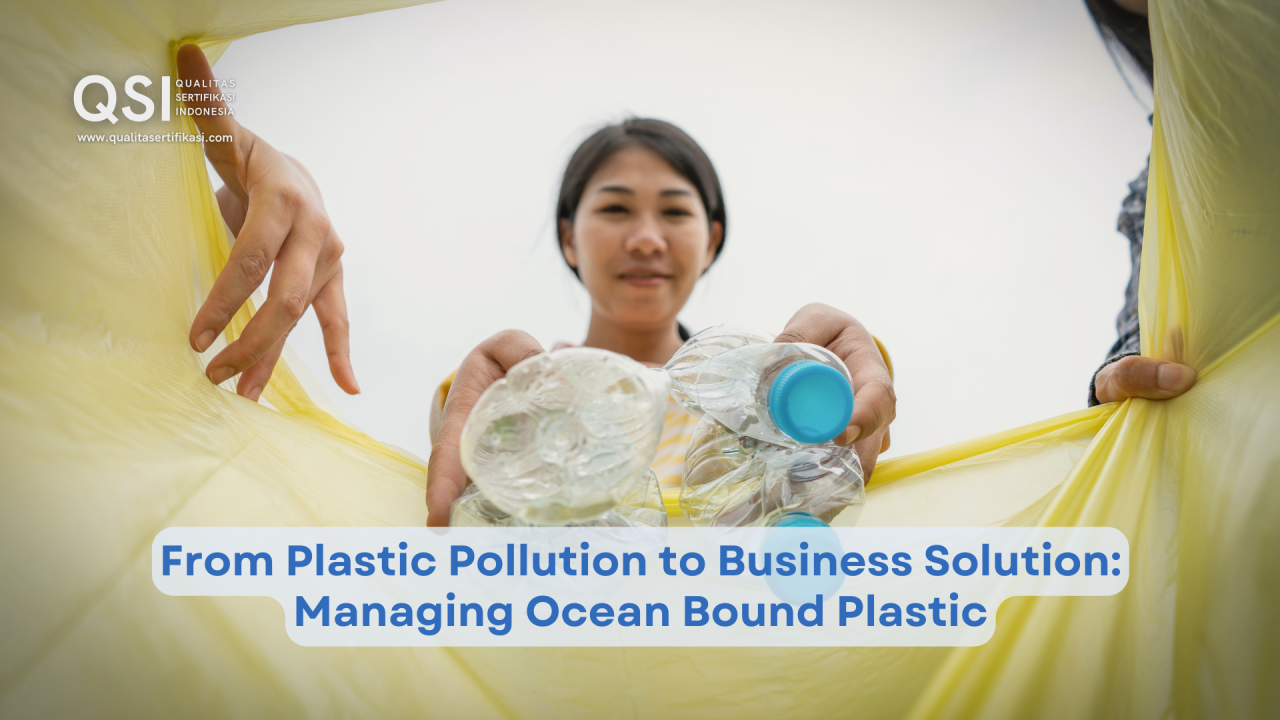UCO's Sustainable Evolution: How ISCC Transforms Waste into Value
The production of used cooking oil (UCO) into a certified sustainable product is a growing industry that has the potential to reduce greenhouse gas emissions and promote sustainable development. However, it is important to ensure that the production is sustainable throughout the entire supply chain. This article delves into the comprehensive journey of UCO from waste to a certified sustainable resource, highlighting the critical role of ISCC in this transformation.
Understanding Used Cooking Oil (UCO)
What is UCO?
Used cooking oil (UCO) is a byproduct generated from cooking and frying processes in both domestic and industrial kitchens. Once its utility in cooking is exhausted, UCO is often discarded improperly, posing environmental hazards. However, UCO can be repurposed, primarily for biodiesel production, offering a sustainable alternative to fossil fuels.
Environmental Impact of UCO Disposal
Improper disposal of UCO can lead to several environmental issues, including water contamination and soil degradation. Additionally, when UCO is dumped into drains, it can cause blockages and strain wastewater treatment systems. Transforming UCO into biodiesel not only mitigates these problems but also contributes to reducing greenhouse gas emissions.
The Role of ISCC in Sustainability
What is ISCC?
The International Sustainability and Carbon Certification (ISCC) is a globally recognized sustainability certification system. It ensures that bio-based products, including those derived from UCO, meet stringent environmental, social, and economic sustainability criteria. ISCC certification covers various feedstocks, including agricultural biomass, biogenic wastes, residues, and renewable materials.
Objectives and Principles of ISCC
ISCC aims to promote sustainable production and traceable supply chains from origin to the final user. Its key objectives include:
- Zero deforestation
- Protection of high biodiversity and high carbon stock lands
- Preservation of soil, water, and air quality
- Compliance with human, labor, and land rights
- Measurement and reduction of greenhouse gas emissions
- Ensuring traceability throughout the supply chain
The Transformation Process: From UCO to Certified Biodiesel
Collection and Initial Processing of UCO
The transformation process begins with the collection of UCO from various sources such as restaurants, food processing units, and households. This collected oil is then transported to processing facilities where it undergoes pre-treatment to remove impurities and contaminants.
Conversion to Biodiesel
The cleaned UCO is then subjected to a transesterification process, where it reacts with an alcohol (typically methanol) in the presence of a catalyst (such as sodium hydroxide). This reaction produces biodiesel and glycerin as byproducts. The biodiesel is then purified to meet industry standards.
ISCC Certification Process
To achieve ISCC certification, the entire supply chain—from UCO collection to biodiesel production—must adhere to ISCC's sustainability criteria. The certification process involves:
- Assessment and Documentation: Detailed documentation and evidence of sustainable practices are required, including data on GHG emissions, land use, and social compliance.
- Audit and Verification: Independent third-party auditors conduct on-site inspections to verify compliance with ISCC standards.
- Certification Issuance: Upon successful verification, the ISCC certificate is issued, allowing the product to be marketed as ISCC-certified sustainable biodiesel.
Benefits of ISCC Certification
Environmental Benefits
ISCC certification ensures that the production process minimizes environmental impact, promotes biodiversity, and reduces greenhouse gas emissions. Certified biodiesel contributes to a circular economy by transforming waste (UCO) into a valuable resource.
Economic and Social Benefits
For businesses, ISCC certification opens up access to markets that demand high sustainability standards, enhancing brand reputation and consumer trust. Socially, it ensures fair labor practices and community engagement, supporting broader sustainable development goals.
The transformation of used cooking oil into a certified sustainable product through the ISCC certification process represents a significant step towards a greener and more sustainable future. By adhering to stringent environmental, social, and economic criteria, ISCC ensures that UCO-derived biodiesel contributes positively to the environment and society. As industries and communities continue to embrace sustainability, the role of certifications like ISCC will become increasingly vital in promoting responsible practices and achieving global sustainability goals.
The journey from UCO to ISCC certification not only highlights the potential of waste as a resource but also underscores the importance of comprehensive and credible certification systems in driving sustainable development.
If you want to learn more about how your business can benefit from UCO through the ISCC certification, please visit our website or give us a call. Our team would be happy to guide you every step of the way!
Recent posts




Drop us a line
Contact Us
We will get back to you as soon as possible.
Please try again later.
Share



General Inquiries
Phone
+62 21 2949 1946
Headquarter
The CEO Building Level 12th,
Jl. TB Simatupang No. 18C,
Cilandak Barat, Cilandak,
Jakarta Selatan, DKI Jakarta, 12430
Indonesia
Programs
Quick Links
Qualitas Sertifikasi Indonesia
PT Qualitas Sertifikasi Indonesia




